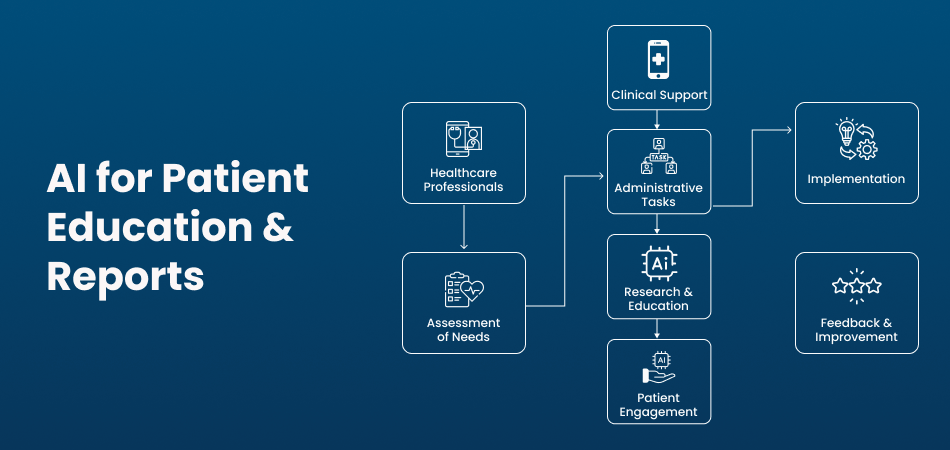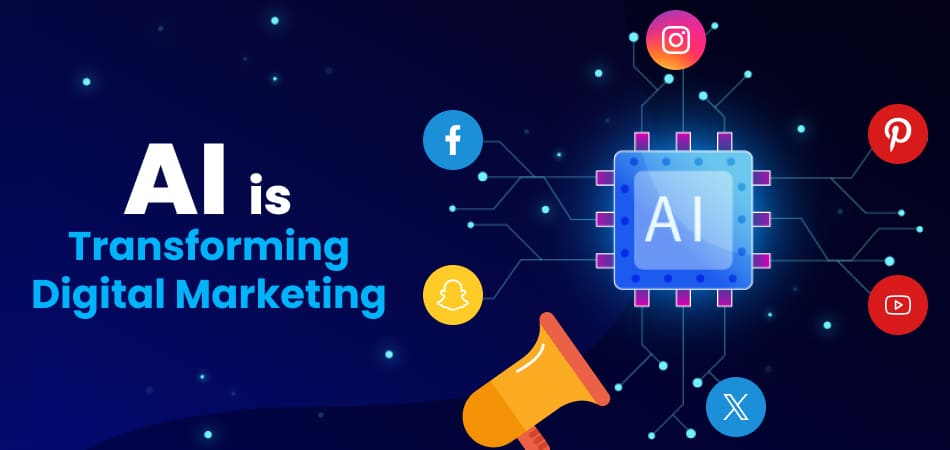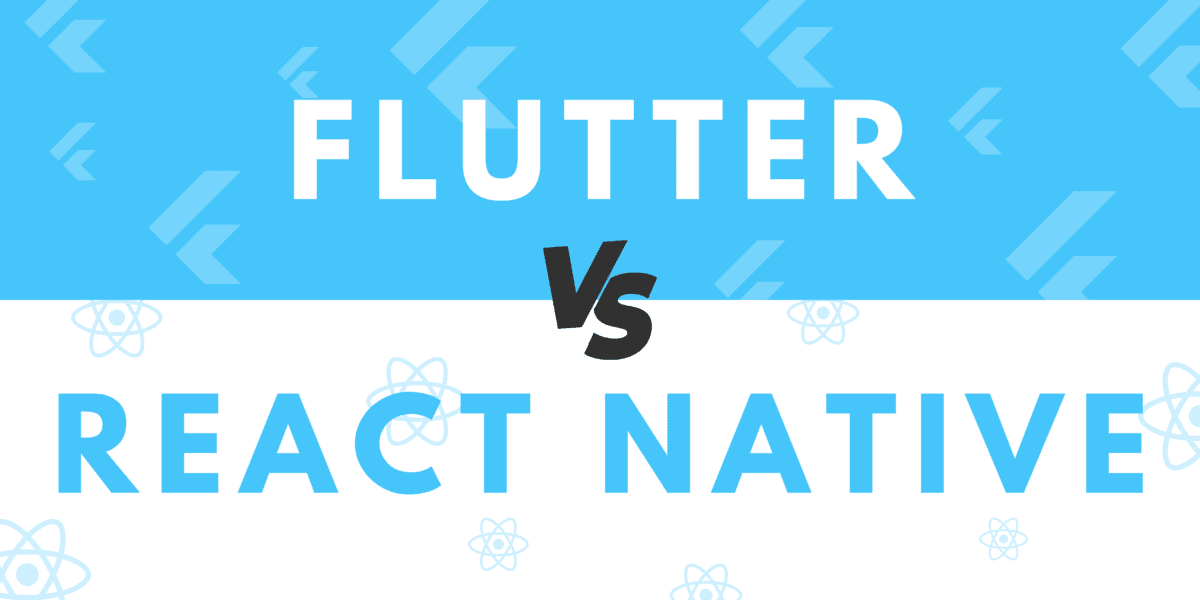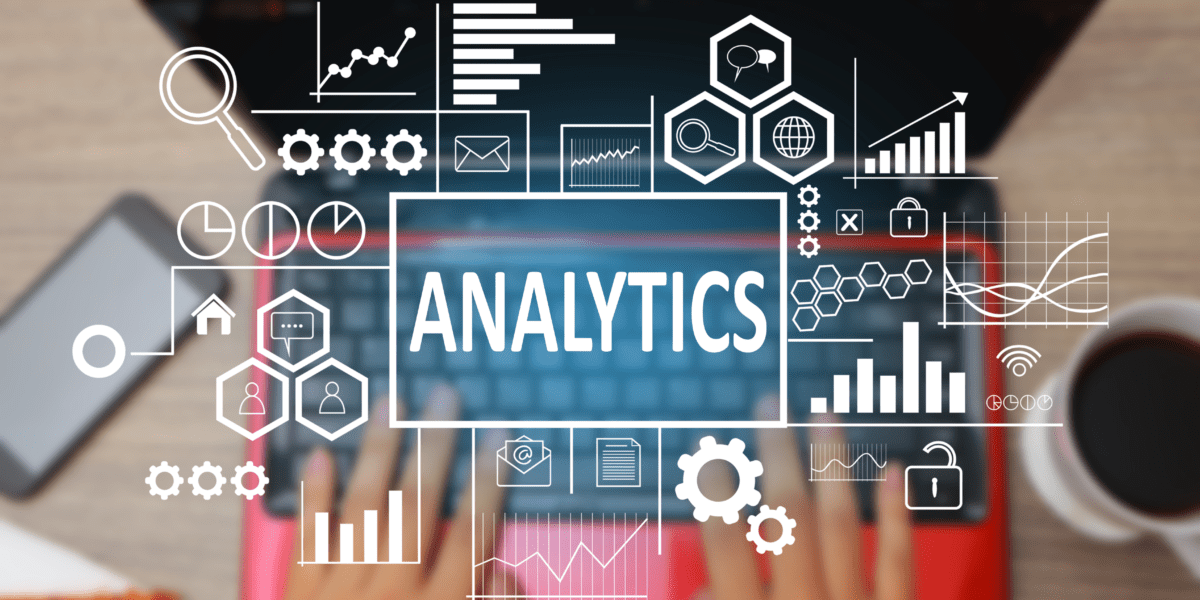In today’s digital-first world, healthcare is rapidly evolving with the integration of artificial intelligence (AI). Among the most impactful innovations is generative AI, a technology that creates human-like text, summaries, and tailored communication. When applied to healthcare, it opens new possibilities in patient education, medical documentation, and personalized reports.This blog explores how generative AI in health content is transforming the way patients access information and how healthcare professionals streamline their workflows.
What is Generative AI in Healthcare?
Generative AI refers to AI systems that can create new content, such as text, images, or audio, based on large volumes of training data. In healthcare, it is particularly valuable for:
- Drafting patient-friendly educational content
- Summarizing clinical reports
- Personalizing treatment information
- Automating medical documentation
Unlike traditional AI tools, generative AI doesn’t just analyze data—it produces easy-to-understand, customized outputs tailored for patients and providers.
Automating Patient Education
One of the biggest challenges in healthcare is ensuring that patients truly understand their condition and treatment. Generative AI can:
- Simplify complex medical terms: Turning “laparoscopic cholecystectomy” into “keyhole surgery to remove the gallbladder.”
- Create multilingual health guides: Providing instructions in the patient’s native language.
- Develop personalized health plans: Adjusting diet, exercise, or medication reminders to suit a patient’s lifestyle.
- Offer interactive FAQs: AI-powered chatbots can instantly answer common patient questions with consistent accuracy.
This not only improves health literacy but also encourages patients to actively engage in their care.
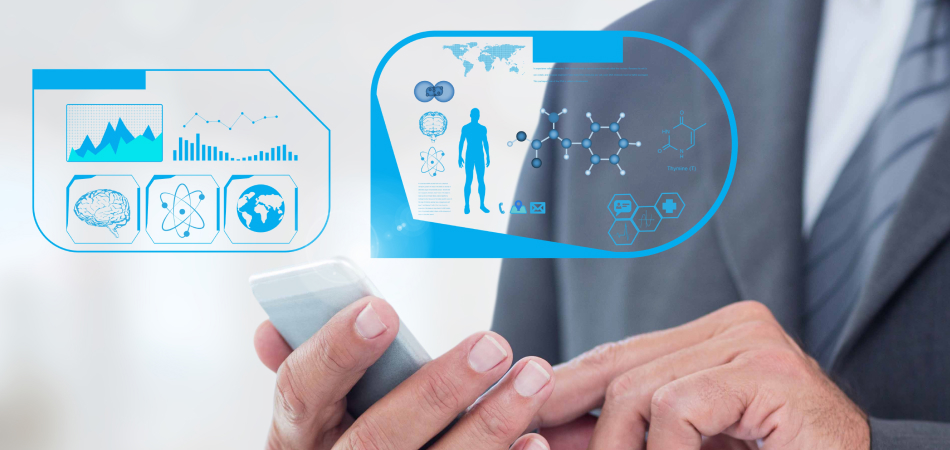
Automating Medical Reports
For healthcare professionals, paperwork and documentation take up valuable time. Generative AI helps by:
- Summarizing clinical data: Transforming lengthy test results into easy-to-read reports.
- Automating discharge summaries: Providing structured, standardized documents for patients leaving the hospital.
- Streamlining referrals: Quickly generating summaries for specialist consultations.
- Ensuring compliance: Maintaining accuracy while meeting healthcare documentation standards.
With AI support, clinicians can dedicate more time to patient interaction and decision-making instead of administrative tasks.
Benefits of Generative AI in Health Content
- Time Efficiency – Automates repetitive tasks, saving hours for doctors and staff.
- Improved Accuracy – Reduces the risk of human error in documentation.
- Personalization – Provides tailored patient education material.
- Accessibility – Makes health information easier to understand and available in multiple formats.
- Cost-Effectiveness – Lowers operational costs while improving patient engagement.
Ethical Considerations and Challenges
While the potential is huge, healthcare providers must address:
- Data Privacy – Protecting sensitive patient information.
- Accuracy and Validation – Ensuring AI-generated content is reviewed by medical professionals.
- Bias in AI Models – Avoiding skewed outputs caused by incomplete or biased training data.
Generative AI should always complement, not replace, human expertise in healthcare.
The Future of AI in Patient Education & Reporting
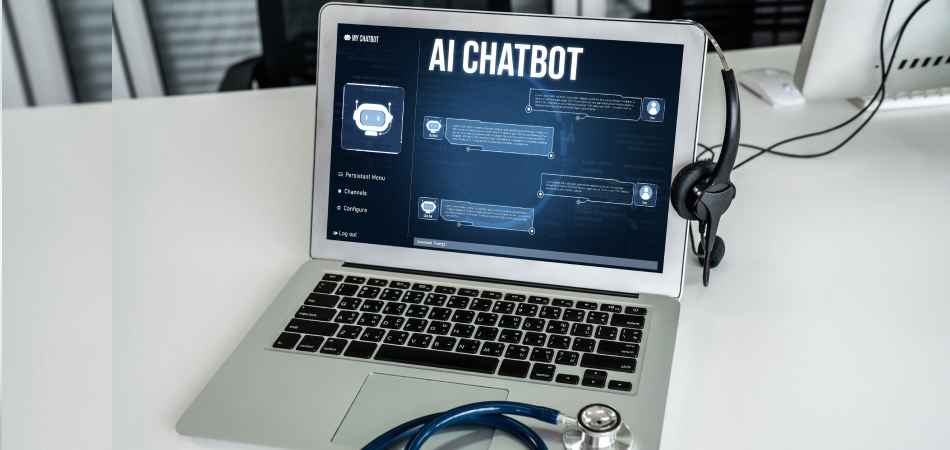
Generative AI is poised to become a standard tool in hospitals, clinics, and telemedicine platforms. From creating personalized care plans to generating instant discharge instructions, its role will continue to expand. As healthcare providers adopt this technology responsibly, patients will benefit from clearer communication, better understanding, and improved health outcomes.
Frequently Asked Questions (FAQs)
- How does generative AI help patients understand medical conditions?
Generative AI simplifies medical jargon, creates patient-friendly explanations, and can even provide interactive guides in multiple languages, making healthcare information more accessible. - Can AI-generated reports replace doctors?
No. Generative AI assists by drafting and summarizing medical reports, but all AI-generated content should be reviewed and approved by qualified healthcare professionals. - Is patient data safe with generative AI tools?
Yes, if implemented correctly. Healthcare providers must use secure, HIPAA-compliant systems that protect sensitive data and prevent unauthorized access. - What are the main benefits of automating patient education with AI?
It improves patient engagement, ensures better understanding of treatments, saves time for healthcare staff, and provides personalized health guidance. - Will generative AI reduce doctors’ workload?
Yes. By automating repetitive tasks like documentation and discharge summaries, generative AI allows doctors to spend more time focusing on patient care.
Final Thoughts
Generative AI in health content is revolutionizing the way medical information is shared and managed. By automating patient education and medical reports, it bridges the gap between complex healthcare data and patient-friendly communication. As long as it’s used ethically and in collaboration with medical experts, generative AI will enhance both patient experiences and clinical efficiency.
